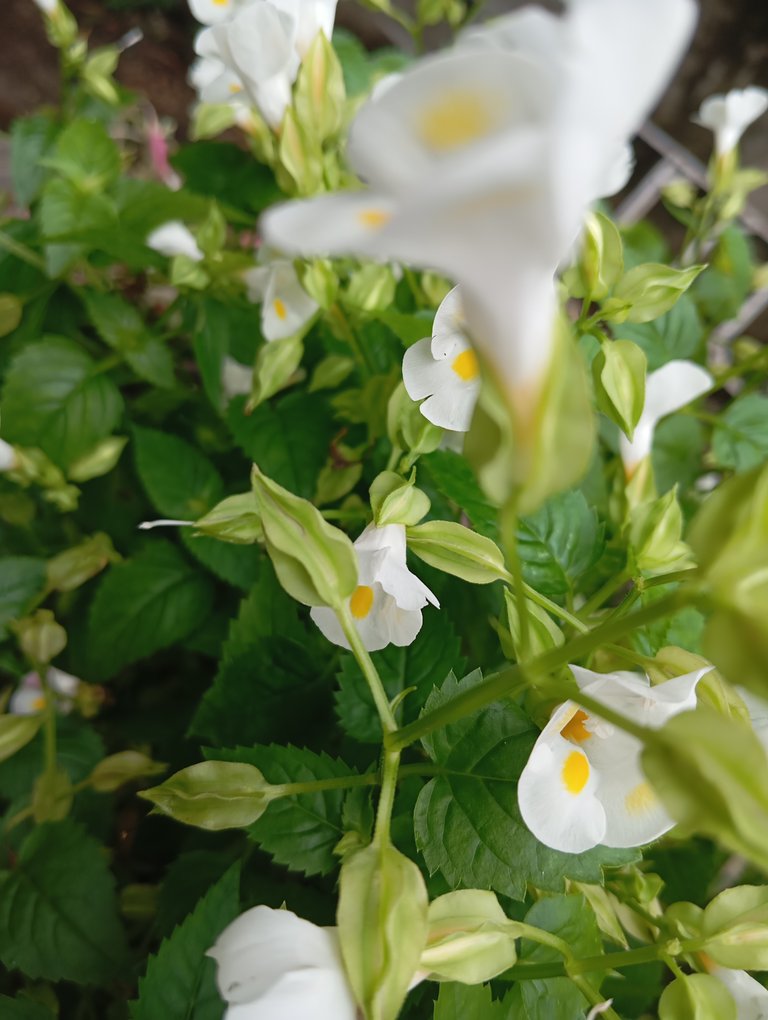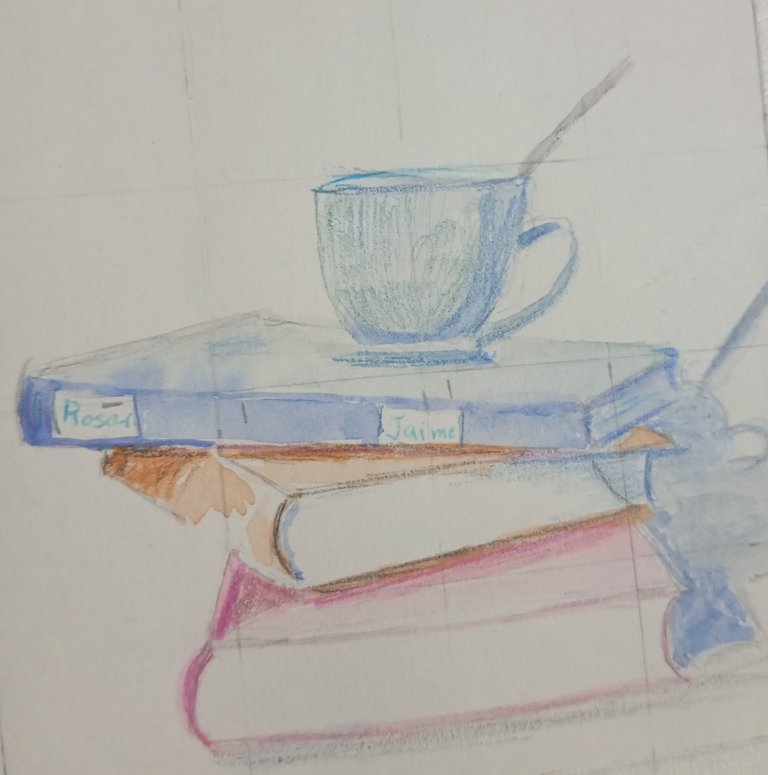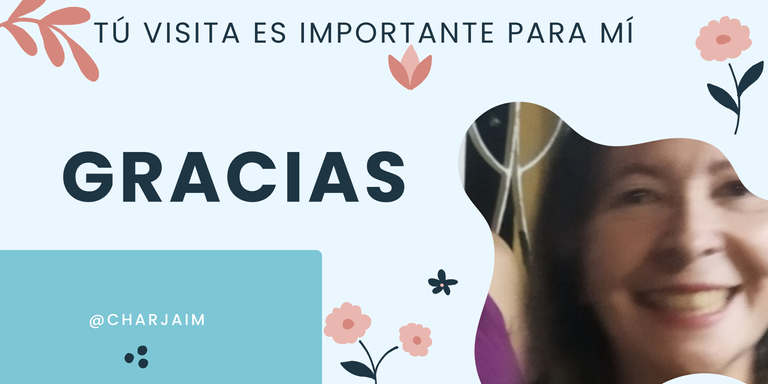Saludos, amigos de @holos-lotus, hoy traigo un tema, si se quiere, bastante íntimo. Me explico: hace unos días compartí una publicación que llamé "Actores disfuncionales", donde analizaba esos baches de la comunicación, lo que espera el emisor del receptor y este no está en capacidad de darlo.

Leí un comentario de alguien que captó un aspecto importante que quería hacer ver y posteriormente escribió una publicación al respecto, se trata de @felpach, este dejó un comentario en mi post, que dio en el clavo cuando dice: «la situación se torna más dramática cuando se utiliza un lenguaje literario y el receptor ignora el subtexto.».
Esto me llevó a preguntarme: ¿qué hace que una persona pueda captar las metáforas, analogías, imágenes propias del lenguaje literario y entienda el lenguaje figurado que es tan frecuente también en el habla cotidiana? Y más aún, ¿están la mayoría de las personas abiertas a la comprensión del lenguaje poético?
He tenido que hacer un viaje al pasado y remontarme a la niñez, cuando mis tías pretendían que les recitara y me enseñaron aquella inarmónica pieza que decía:
Los zapatitos me aprietan
las medias me dan calor
El beso que me dio mi madre
Lo llevo en el corazón.
Este adefesio lo vi también en la televisión. Había programas infantiles, donde el animador llamaba a niñas al escenario y les pedía recitar una poesía y estas, con su vestido de armador almidonado, se mecían con las manos cruzadas a la espalda a recitar esto mismo. Mis tías disfrutaban de mi imitación patética, con vaivén incluido.
Supongo que ese beso de la madre en el corazón era lo que atrapaba nuestra atención y ponía la nota sensible. De los zapatos apretados supe por mucho tiempo, hasta que mi papá consideró que era mejor comprarlos dos tallas más grandes para que los pies crecieran libremente, con lo cual fueron muy obedientes.
Con el tiempo la poesía comenzó a volar y caía del cielo atada en un pañuelo, donde cada punta traía un mensaje diferente y vi a compañeros de aula salir al frente a recitarla cambiando el destinatario y entregando una flor como complemento. Sí, la poesía ha estado atada a la cursilería con gran esmero, y quizá sea eso lo que a muchos les ha hecho alejarse de todo lo que suene a rimas. Toda una mala manera de acercarse a ella.
A mi vida llegó retorcida y sin gracia, pero el amor tiene extrañas maneras de atravesar las paredes y con este verso tan ramplón, escrito en uno de mis cuadernos, sucumbí a las malas mañas de Cupido: "Recuerdo de un ser carcomido por los gérmenes de tu belleza." No quieran saber qué fue lo que me conmovió, si la carcoma o los gérmenes; pero hoy en día, cuatro seres extraordinarios ocupan mi existencia y serán por siempre el centro de mi mundo.

Un día cualquiera, de tanto leer y acercarme a los verdaderos poetas, un sentimiento de búsqueda, una extrañeza, y la sorpresa de reconocer cómo son las palabras las dueñas de la magia, que comenzaron a tejer con hilos imaginarios y a hacer cola sin permiso en mi cabeza, para irse engranando a veces con hieles y piedras, otras con pétalos y nervios para crear un tapiz por cuyas redes desfilan quienes no me entienden.
Así comencé a conocer la paz que bordar con acordes, letras o pinceles produce, no solo en quien diseña, sino en quien puede desenredar madejas y estirar su propio lienzo: yo continúo con mis hilos, mientras aprendo a remar; no tenía por qué rimar.
Gracias por tu amable lectura.
Mi contenido es original.
Imágenes propias.

Greetings, friends of @holos-lotus, today I have a topic that is, if you will, quite intimate. Let me explain: a few days ago I shared a post that I called "Dysfunctional Actors," where I analyzed those gaps in communication, what the sender expects from the receiver and the latter is not able to give it. #

I read a comment from someone who captured an important point I wanted to make and subsequently wrote a post about it. It's @felpach. He left a comment on my post that hit the nail on the head when he said, "The situation becomes more dramatic when literary language is used and the recipient ignores the subtext."
This led me to wonder: what makes a person able to grasp the metaphors, analogies, and images inherent to literary language and understand the figurative language that is so prevalent in everyday speech? And more than that, are most people open to understanding poetic language?
I had to take a trip back in time to my childhood, when my aunts wanted me to recite them and taught me that inharmonious piece that went:
My little shoes are tight
My stockings are hot
The kiss my mother gave me
I carry it in my heart.
I also saw this monstrosity on television. There were children's programs where the host called little girls up on stage and asked them to recite a poem, and they, in their starched dress, swayed with their hands clasped behind their backs, reciting this very thing. My aunts enjoyed my pathetic imitation, swaying included.
I suppose that mother's kiss on the heart was what caught our attention and set the emotional tone. I knew about tight shoes for a long time, until my dad decided it was better to buy them two sizes too big so their feet could grow freely, and they were very obedient.
Over time, poetry began to fly and fell from the sky tied in a handkerchief, each tip carrying a different message. I saw classmates come forward to recite it, changing the recipient and handing a flower as a complement. Yes, poetry has been carefully tied to sentimentality, and perhaps that's what has made many people shy away from anything that sounds like rhymes. A completely wrong way to approach it.
It came into my life twisted and graceless, but love has strange ways of passing through walls, and with this stale verse, written in one of my notebooks, I succumbed to Cupid's tricks: "I remember a being eaten away by the germs of your beauty." Don't you want to know what moved me, whether it was woodworm or germs; but today, four extraordinary beings occupy my existence and will forever be the center of my world.

One day, after reading so much and getting closer to true poets, a feeling of searching, a strangeness, and the surprise of recognizing how words are the masters of magic, began to weave with imaginary threads and line up without permission in my head, sometimes meshing with gall and stones, other times with petals and nerves to create a tapestry through whose webs those who don't understand me parade.
Thus I began to discover the peace that embroidering with chords, lyrics, or brushes brings, not only to the designer, but to those who can untangle skeins and stretch their own canvas: I continue with my threads, while I learn to row; it didn't have to rhyme.
Thank you for your kind reading.
My content is original.
My own images.
